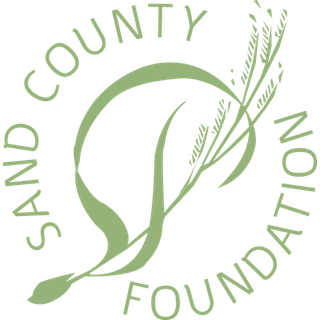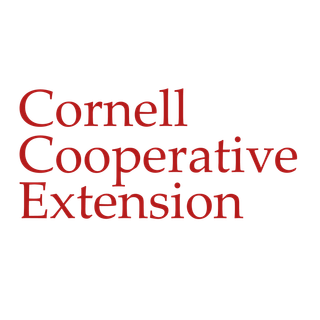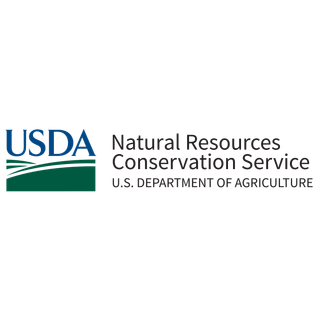There’s a rich heritage of sustainability deeply rooted in the soil at Dygert Farms.
Like 12 generations before him, Robby Dygert farms with an eye to the future. He celebrates the farm’s tricentennial this year with his wife Shannon, and their children: Dylan, Olivia, Tucker, and Cassidy.
The couple purchased his family’s farm and their first 65 Holstein cows shortly after getting married in 2009. The farm has since grown to a milking herd of 240 cows and 650 acres of owned and rented land.
Robby and Shannon are the latest in a long line of Dygerts who protect this dairy farm’s soil and water. When Dygert Farms’ first conservation plan was written in 1962 it provided a blueprint for crop rotations, contour strips, tile drainage, and pasture renovation. More recently, Robby and Shannon sought the support of the Montgomery County Soil and Water Conservation District to protect water quality with modern improvements to the farm’s infrastructure.
Through participation in New York’s Agricultural Environmental Management program, the Dygerts received financial assistance to construct a manure storage facility and covered laneway between their barnyards.
They also installed a system that collects leachate from their silage bunk silos. While most of leachate is applied to crop fields, a vegetative filter strip captures any that spills over during heavy rains. Likewise, a grassed diversion ditch is situated uphill from the barnyard to divert clean water away during rains.
Dygert Farms works with a team of professionals to manage their soil, water, and livestock manure to maximize crop yields while protecting ground water supplies. A custom manure applicator applies the manure’s nutrients to crop fields in accordance with the farm’s Comprehensive Nutrient Management Plan. A planner helps the Dygerts regularly update the plan to reflect the changes in crop rotations, livestock numbers, planned new practices, and seasonal weather conditions. All wash water from their milkhouse and milking parlor is collected and stored to be later applied to fields.
Strip-cropping, which acts as a filter strip within fields, has been a staple at Dygert Farms for decades. Five years of hay, followed by four years of corn is their preferred crop rotation. Minimal tillage is used on a few fields, but the majority are managed with a no-till system to increase soil fertility, retain moisture, and prevent runoff. To achieve similar conservation goals, the Dygerts are growing cover crops of rye on 50 acres.
Sometimes sustainability in agriculture can mean simple economic survival. The Dygerts could have given up dairy farming when they lost a supplier to sell their milk to. Instead, they adapted to dairy’s ever-fluctuating market and business climate by retooling in a non-conventional way. They made the move to make, process, and sell their own dairy products.
Dygert Farms Creamery’s processing plant opened in 2021. Their milk is sold in both plastic packaging and glass bottles in grocery stores and delivered to the front doors of area homes. It’s a modern approach to dairy farming with a vintage twist.
A unique mix of new and old is to be expected at Dygert Farms. Its farmhouse sits on the original 50 acres that was deeded to the Dygert family back in 1723 from the Queen of England. Its owners are young farmers using conservation practices to benefit the environment and their bottom line.








